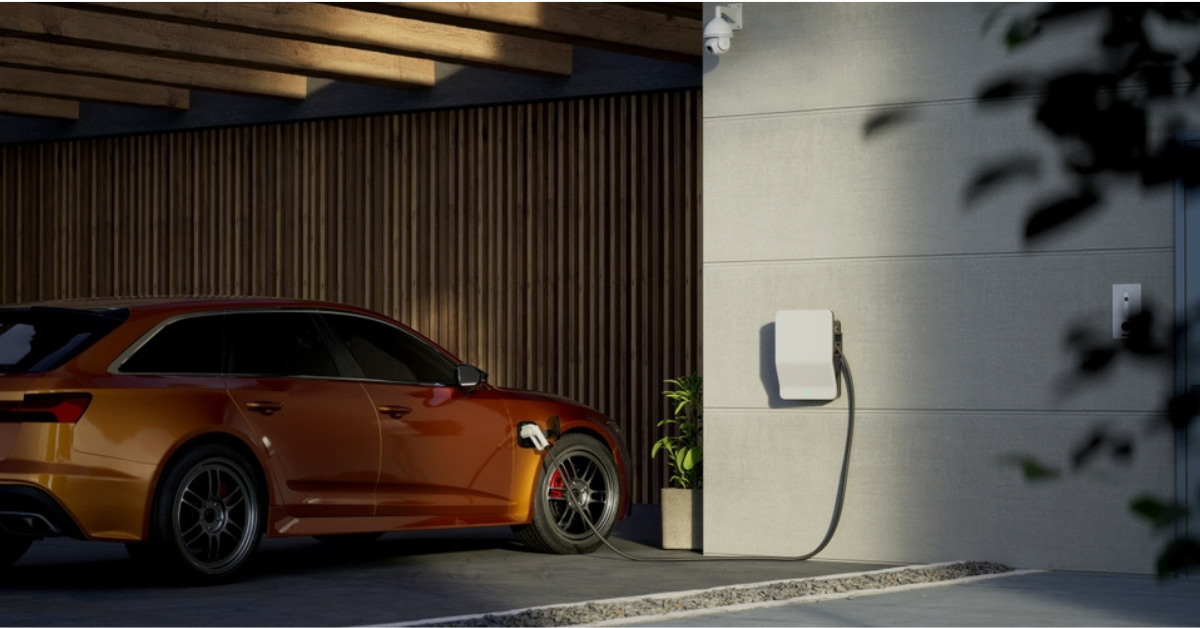SUMMARY
The govt is planning to cut import duties on EVs to a range of 15-30%, specifically for vehicles priced between $25K and $35K
With a 15% import tax, the duty on completely built-up (CBU) vehicles will be equal to that for completely knocked down (CKD) cars
Currently, CBU vehicles priced below $40,000 face an import duty of 70% while vehicles above this price face an import tax is 100%
India is planning to cut import duties on electric vehicles to a range of 15-30%, specifically for vehicles priced between $25,000 and $35,000. This decision is part of ongoing discussions that gained momentum after Tesla engaged with the Indian government.
People aware of the development told Mint that at a 15% import duty, all completely built-up (CBU) vehicles will be on par with the import duty for completely knocked down (CKD) cars.
For the uninitiated, CKD and CBU are two terms commonly used to refer to types of assembled and imported cars. While CKD cars are assembled domestically with imported parts, CBU vehicles are imported as a whole unit.
Currently, CBU vehicles priced below $40,000 face an import duty of 70% while vehicles above this price face an import tax is 100%.
Though the Centre is expected to relax the import duty, it would also come with a few caveats, the publication reported. The EV players would have to begin local manufacturing in the next two to three years and there could also be a clause to claw back the import duty sop if the OEMs fail to do so.
The development comes months after Tesla boss Elon Musk made a second attempt to tap the Indian market and held talks with Prime Minister Narendra Modi on the matter.
“I am confident that Tesla will be in India and will do so as soon as humanly possible,” Musk had told the media during the meet in June this year.
The US-based automotive giant is targeting customers at the top end of India’s growing mass-premium EV segment and is not looking to be a luxury player, the Mint report added.
We must note that in 2021, Tesla was all geared up to launch its cars in India. However, due to high import duties and the government’s decision to not compromise on that front as a step to boost domestic manufacturing, made the company stall those plans.
In August this year, Reuters had also reported about India working on a new electric vehicle policy to slash import taxes to as low as 15%. However, Union Finance Minister Nirmala Sitharaman said soon after at an event that there is no such proposal before the ministry.
It goes without saying that reducing import duties for overseas EV companies will benefit those firms, while also intensifying the competitive landscape for Indian electric vehicle original equipment manufacturers such as Tata Motors and Mahindra.
Meanwhile, India’s EV adoption is now growing slowly and steadily. Of the total of 28.8 Lakh motor cars registered in India so far in 2023, more than 58K vehicles were electric, as per Vahan data.
Disclaimer
We strive to uphold the highest ethical standards in all of our reporting and coverage. We StartupNews.fyi want to be transparent with our readers about any potential conflicts of interest that may arise in our work. It’s possible that some of the investors we feature may have connections to other businesses, including competitors or companies we write about. However, we want to assure our readers that this will not have any impact on the integrity or impartiality of our reporting. We are committed to delivering accurate, unbiased news and information to our audience, and we will continue to uphold our ethics and principles in all of our work. Thank you for your trust and support.



![[CITYPNG.COM]White Google Play PlayStore Logo – 1500×1500](https://startupnews.fyi/wp-content/uploads/2025/08/CITYPNG.COMWhite-Google-Play-PlayStore-Logo-1500x1500-1-630x630.png)